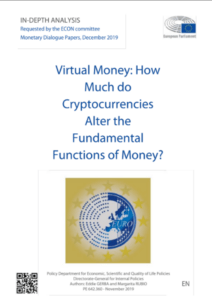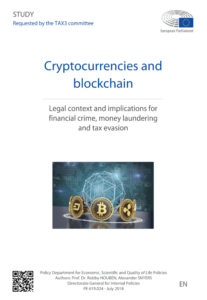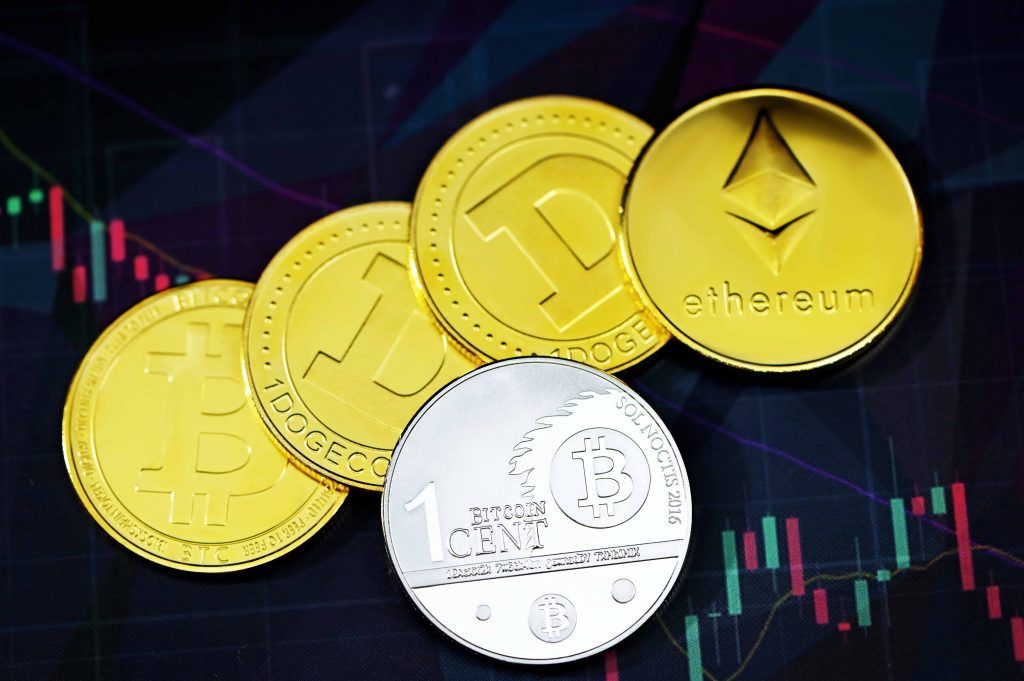The 6th Global Conference on Criminal Finances and Cryptocurrencies – a two-day gathering of thousands of crypto specialists and financial investigators from law enforcement, regulators and the private sector – came to an end at Europol’s headquarters in The Hague, the Netherlands.
As cryptocurrency use expands into practically every country and sector, so does its abuse to commit new forms of crime and launder dirty money, said speakers.
Yet with the right tools, capacity and cooperation, the unique characteristics of blockchain-based technologies offer an unprecedented opportunity to investigate organised crime and money laundering networks and to recover stolen funds.
Keeping up as crypto enters the mainstream
The speeches and panels painted a picture of how “traditional” and virtual organised crime and money laundering typologies are merging. Cryptocurrencies are increasingly involved in trade-based money laundering cases, for example, and linked to a broad range of crimes including drug smuggling, sports match fixing and proliferation financing.
Professional money launderers are taking advantage of the ever-growing options provided by crypto assets – from mining to decentralised services – to launder proceeds from both physical and cyber crimes.

Virtual money. How much do cryptocurrencies alter the fundamental functions of money? : monetary dialogue papers, December 2019
|
But law enforcement, regulators and the private sector are working hard to stay ahead of those who abuse crypto assets to commit crimes and launder money.
- Legislation is tightening. New EU regulations, for example, will ensure that crypto assets are treated like any other assets for the purposes of anti-money laundering regulation and supervision.
- Multiple successful cases, some laid bare during the conference, illustrate how investigators are taking advantage of the unique characteristics of blockchain-based technologies to “follow the money”. This has allowed them to identify not only scammers and hackers but also more traditional organised crime groups and money laundering networks.
- Law enforcement and judicial authorities are increasingly treating virtual assets like any other asset from a legal perspective, easing their seizure, management and eventual transformation into fiat currency.
- Private companies are innovating fast to provide the tools and analytical capacity to trace funds laundered across multiple blockchains using different obfuscation techniques.
Increasing understanding and capacity in the crypto sphere among all players – regulators, law enforcement, the private sector – is vital to tackling organised crime and money laundering, both physical and virtual.
About the conference
The 6th edition of the annual Global Conference on Criminal Finances and Cryptocurrencies (#6CrC) took place in hybrid format on 1–2 September 2022. The conference was hosted by Europol with the support of the Basel Institute on Governance through the joint Working Group on Criminal Finances and Cryptocurrencies.
With over 1,700 registered participants from 119 countries, the first day was dedicated to public-private cooperation and exchange. Speakers represented regulators (European Parliament), law enforcement (Europol), think tanks (Royal United Services Institute), virtual asset service providers (Binance), and specialised companies involved in crypto investigations, data analysis and asset recovery (Asset Reality, Chainalysis, CipherTrace, Sportradar and TRM Labs).

Cryptocurrencies and blockchain – Legal context and implications for financial crime, money laundering and tax evasion |
The second day of the conference was strictly limited to law enforcement and related public authorities, such as financial intelligence units. Specialised cryptocurrency investigators from France, Korea, Hungary, the Netherlands, Spain and the United States shared case studies and experiences with their international colleagues, which numbered more than 1,100 from 95 countries.
More information: Europol – Press release







Leave a Reply